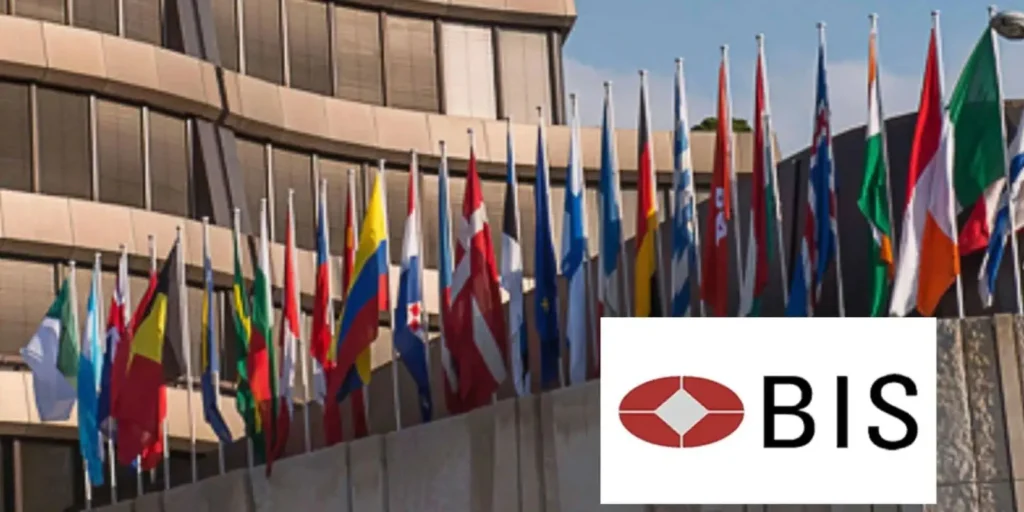The BIS Committee on Payments and Market Infrastructures (CPMI) detailed its initiatives in a press release on Jan. 7, emphasizing the harmonized data requirements critical to the standard’s implementation.
Why ISO 20022 Matters
ISO 20022 is a global financial messaging standard designed to enhance the richness of payment data and foster interoperability across payment systems. By providing a unified approach to payment messaging, the standard has the potential to reduce friction, increase transparency, and enable innovations in cross-border payments.
As global adoption ramps up, Federal Reserve banks are set to adopt the standard in March, signaling its growing prominence in reshaping how money moves across borders.
BIS’s Three-Pronged Strategy
To ensure ISO 20022 gains traction globally, the CPMI has announced a three-pronged strategy:
- Governance and Maintenance Until 2027
The CPMI will maintain the harmonized ISO 20022 data requirements at least through the end of 2027. This commitment aims to provide stability and clarity for financial institutions during the global transition to the standard. - Developing Market Practice Guidelines
The CPMI is encouraging industry players to create global market practice guidelines for instant payments based on the harmonized data requirements. These guidelines are seen as a crucial step toward making cross-border payments safer, more efficient, and consistent across jurisdictions. - Engagement and Advocacy
The committee will continue working with payment system operators and service providers to promote the implementation of harmonized data requirements by 2027. This engagement underscores the importance of collaboration in achieving global interoperability.
Advancing Cross-Border Payments
The BIS has long championed efforts to modernize cross-border payment systems. In October, the CPMI highlighted the potential of interlinking fast payment systems (FPS) across jurisdictions to create a low-cost, fast, accessible, and transparent payment network. The growing use of application programming interfaces (APIs) and the adoption of ISO 20022 were identified as key enablers for such interoperability.
The adoption of ISO 20022 is poised to transform cross-border payments by enabling richer data exchanges and reducing inefficiencies. By harmonizing messaging standards, the financial industry can pave the way for smoother, faster, and more cost-effective transactions.
What’s Next?
Starting this year, the CPMI will organize semi-annual meetings with a joint panel comprising members from ISO 20022 global market practice groups. These meetings will foster collaboration and track progress on the global adoption of the standard.
As the deadline for full implementation approaches, the BIS’s commitment to ISO 20022 represents a pivotal moment for the global payments ecosystem. By prioritizing interoperability and innovation, the BIS is setting the stage for a future where cross-border payments are as seamless as domestic transactions.
